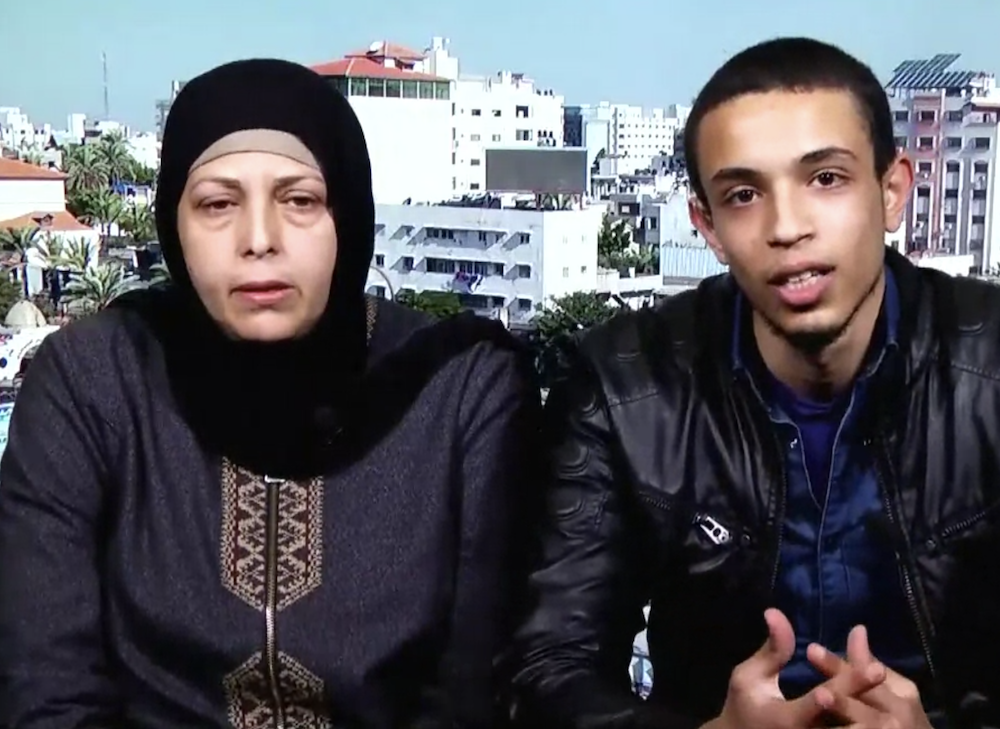World’s largest falcon hospital cares for UAE’s heritage
ABU DHABI: When a falcon in the Gulf Arab countries falls sick, the owners of these much-loved and expensive hunting birds know where to take them: The world’s largest falcon hospital, in Abu Dhabi.
“It’s their baby, they want the best for it,” said hospital director Margit Muller, a German veterinarian with over 25 years experience in treating falcons.
“Sometimes when the falcons have an accident at night, the owners will sit there for hours into the early morning.”
The birds are more than pets and the practice is more than a sport.
 Falconry is an important part of the cultural desert heritage of the Arabs of the UAE and neighboring countries such as Saudi Arabia going back thousands of years.
Falconry is an important part of the cultural desert heritage of the Arabs of the UAE and neighboring countries such as Saudi Arabia going back thousands of years.
“The Bedouin used falcons to hunt meat … so the falcon was essential to ensure the survival of the Bedouin’s family,” said Muller. “(The birds) have always been considered like the children of the family and this remains until today.”
With flight speeds exceeding 300 km an hour, falcons can suffer serious injuries as they collide with prey, misjudge a landing or ingest infected meat.
The government-supported Abu Dhabi Falcon Hospital is the world’s main center for falcon medicine, research and training. Its subsidised prices means people of all income levels can use its falcon care, Muller said.
“Nowadays falconry is one of the very few opportunities for the former Bedouin to reconnect to their past,” she said.
Falcons are recognized internationally as endangered and only captive bred falcons can be legally owned in the UAE.
Hunting in the UAE outside a few special reserves is illegal, so owners train their birds using meat and then fly them to countries like Pakistan, Morocco and the central Asian region during colder months.
The UAE issues falcons their own passports and the birds travel with their owners in airplane cabins, sometimes dozens at a time for specific hunting trips.

Saudi falconry festival adds another feather to its cap with new world recordFalcon breeding played key role in Arab world




